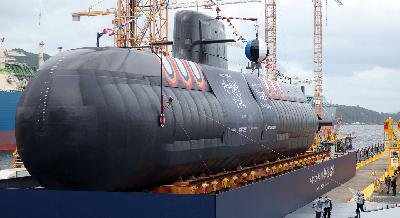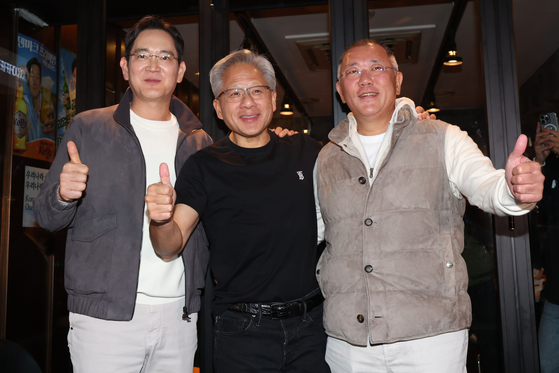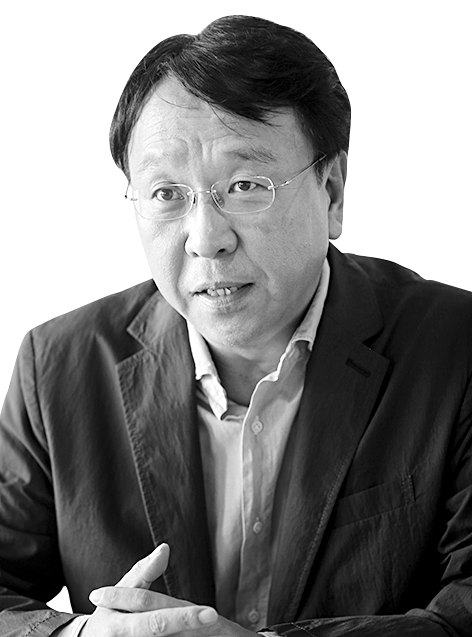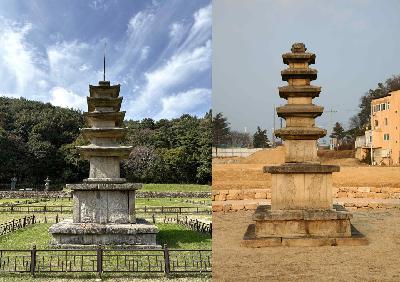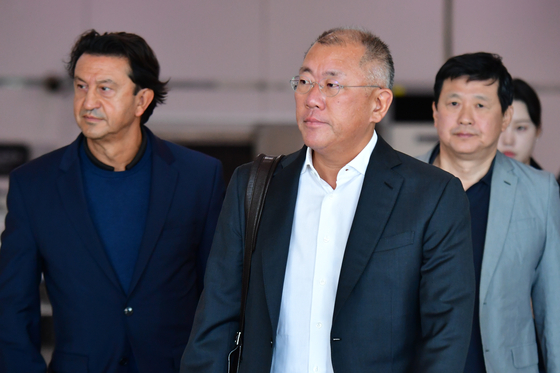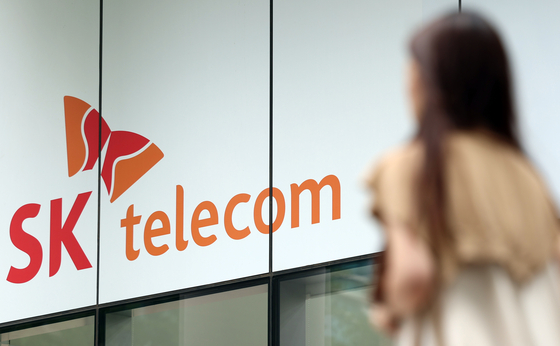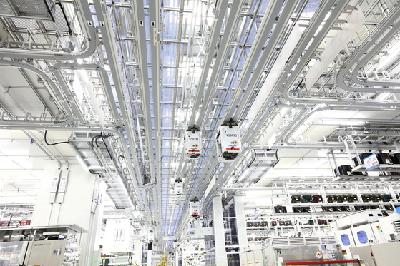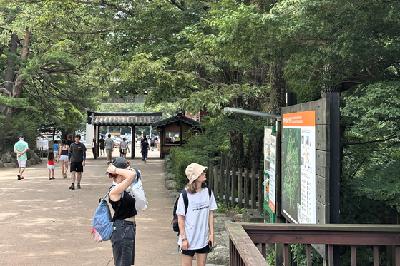Window for nuclear subs now open, but major challenges remain
Update: 2025-10-30
Description
U.S. President Donald Trump has approved Korea's construction of nuclear-powered submarines, one day after President Lee Jae Myung requested enriched uranium for propulsion. Announcing the decision on Thursday, Trump said on social media, "The Korea-U. S. alliance is stronger than ever," adding that the approval would allow Korea to replace its diesel-powered submarines with nuclear ones.
The decision fulfills a longstanding national goal pursued by multiple administrations to enhance Korea's naval capabilities. Defense Minister Ahn Kyu-baek said at the National Assembly that Korea already has the technical capacity to build the submarines and that U.S. cooperation in providing nuclear fuel completed the final step. Having built 30 diesel submarines, Korea now stands to become the world's eighth country to operate nuclear-powered submarines.
Trump's move reflects both Washington's aim to share more security responsibilities in the Indo-Pacific and Seoul's need to respond to Pyongyang's expanding nuclear submarine program. His mention that the submarines would be built at the Philadelphia Shipyard - acquired by Hanwha Ocean - signals a strategy to strengthen Korea-U. S. cooperation while revitalizing American shipbuilding.
The U.S. had previously approved nuclear submarine sales and construction for Australia under the Aukus alliance (trilateral security partnership between Australia, the UK and the U.S.) in 2023. With this decision, Korea's alliance status is now seen as elevated to a level comparable to Aukus partners. Japan has also expressed interest in introducing nuclear-powered submarines following Prime Minister Sanae Takaichi's inauguration.
Despite the breakthrough, key legal and diplomatic challenges lie ahead. The current Korea-U. S. nuclear energy agreement allows only "peaceful use" of nuclear power, meaning a revision is essential to secure fuel for the submarines. Seoul has indicated that it reached a preliminary understanding with Washington on limited uranium enrichment and spent fuel reprocessing, similar to the U.S.-Japan agreement. Reflecting these provisions in a revised accord would be crucial for Korea to assert limited nuclear sovereignty, particularly as domestic spent fuel storage nears capacity.
China reacted immediately, urging Seoul and Washington to uphold their nonproliferation obligations, echoing its response to Australia's 2023 Aukus deal. Yet Pyongyang has openly developed its own nuclear submarines, unveiling the 5,000-ton strategic ballistic missile submarine Kim Kun-ok Hero earlier this year. Seoul must now make clear that its program is a defensive measure within the nonproliferation framework.
This article was originally written in Korean and translated by a bilingual reporter with the help of generative AI tools. It was then edited by a native English-speaking editor. All AI-assisted translations are reviewed and refined by our newsroom.
Comments
In Channel

